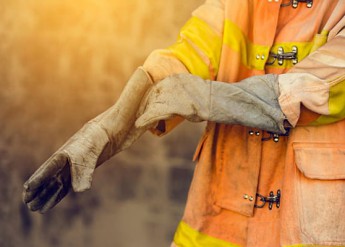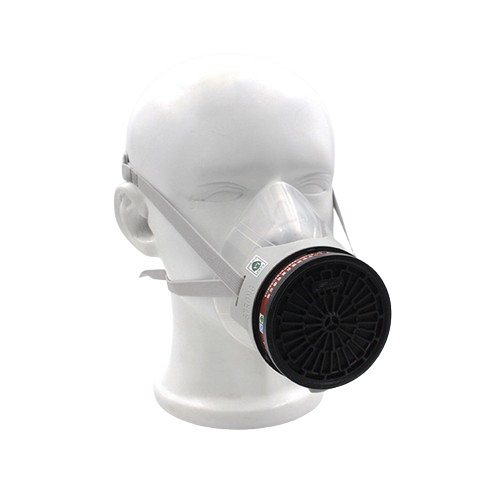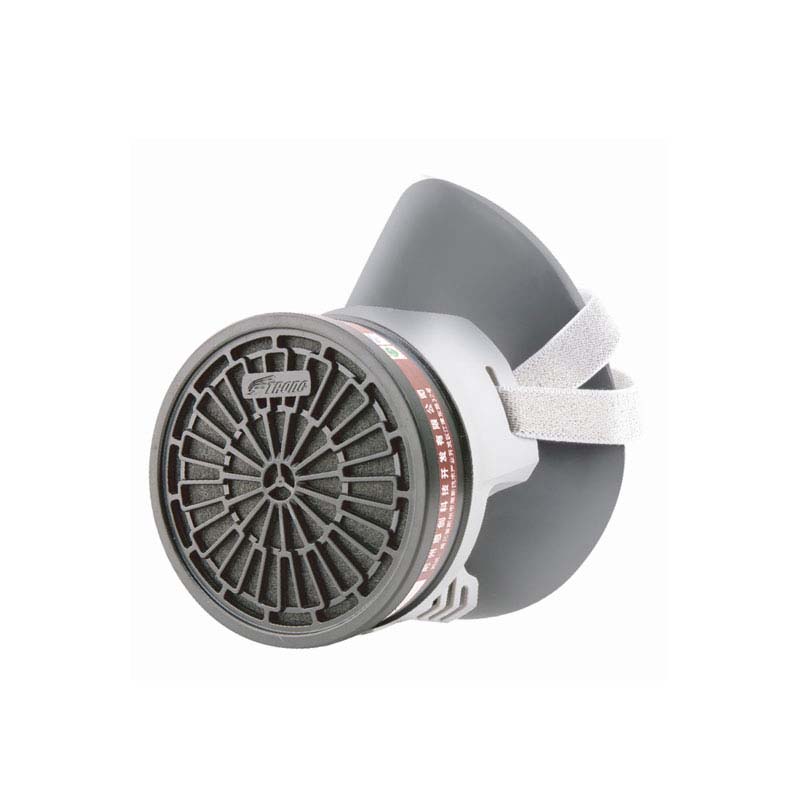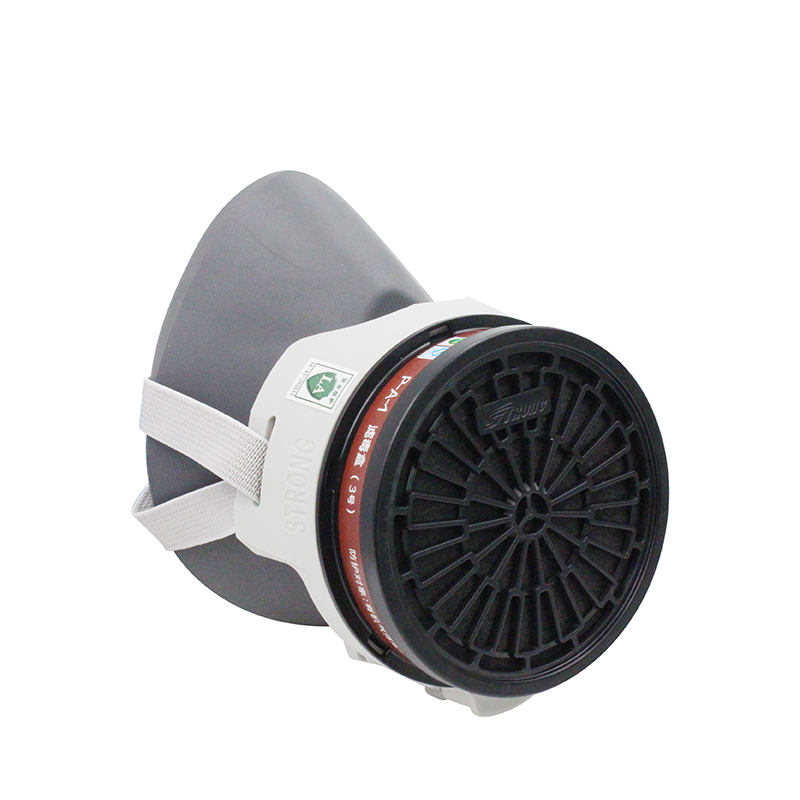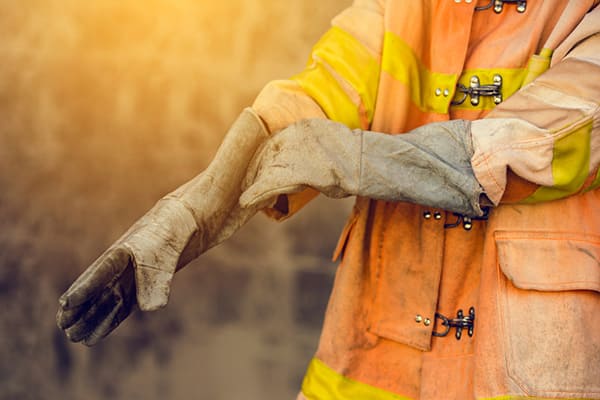Public Notice: issues 6 Containment Guidelines Keep wearing masks and maintain social distance
On 27 June, Beijing CDC issued the COVID-19 Containment Guidelines for the General Public (the Guidelines), which recommends regular containment measures in six major areas, including: keep wearing masks; maintain social distance; practice hand hygiene; follow health monitoring procedures; keep food clean and safe; and keep the environment clean and disinfected.
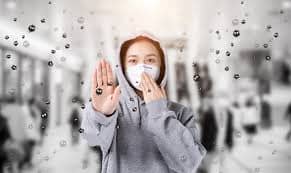
The Guidelines calls upon the public to follow the health monitoring procedures of the relevant residential communities, employers and public facilities, present valid Health Kit code as required, and have their body temperature checked when needed. It also implores the public seek timely medical attention when symptoms such as fever and dry cough occur.
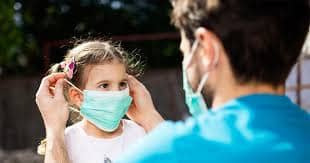
The following are details of the Guidelines' recommendations for containment measures in the six areas:
1. Keep Wearing Masks
Ø Always wear masks as required by occupational safety and health protocols, and when the work requires frequent and close contact with the public;
Ø Those with respiratory infectious diseases should avoid visiting public facilities, and wear masks if such visits are necessary;
Ø Always wear a surgical mask when visiting the hospital or accompanying others to the hospital; and
Ø All are suggested to keep a face mask at hand when going out and should wear it when the risk of infection is unclear, or when a mask is required by relevant authorities.
Ø Restaurants, hair salons, beauty parlors, libraries, art galleries and other venues are encouraged to provide services upon appointment, if possible, to avoid crowding; and
Ø The "one-meter distancing line" should be marked in the areas where people tend to gather, such as pick-up places and counters. Waiters are encouraged to go to each table to collect from dine-in customers.
3. Practice Hand Hygiene
Ø Always wash hands or use instant hand sanitizers before and after eating, using the restroom, or touching public objects or surfaces;
Ø Process raw and cooked food separately; wash hands as often as possible when cleaning and preparing raw meat, egg and aquatic products, especially before preparing ready-to-eat food;
Ø Avoid touching one's mouth, eyes or nose with unwashed hands, and cough or sneeze into a tissue or elbows, not hands.
4. Follow Health Monitoring Procedures
Ø Follow the health monitoring procedures of the relevant residential communities, employers and public facilities, present valid Health Kit code as required, and have body temperature checked when needed; and
Ø Seek timely medical attention when symptoms such as fever and dry cough occur.
Ø Choose certified food businesses when dining out, and avoid eating un-cooked or half-cooked food;
Ø Process raw and cooked food separately;
Ø Foods of animal origin should be fully cooked; and
Ø Clean and sterilize knives, chopping boards and other utensils after handling foods of animal origin.
6. Keep the Environment Clean and Disinfected
Ø Open windows and air the rooms twice or three times a day and no less than 30 minutes each time to maintain good ventilation; and
Ø Dispose household waste every day in time; properly place the garbage in the garbage bins of the residential community instead of leaving the garbage in public areas of the residential building.



